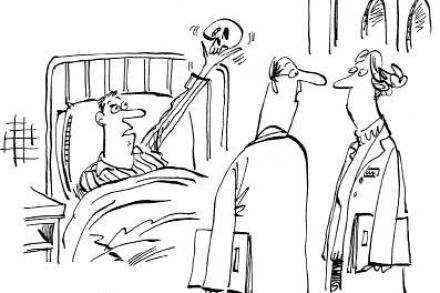Ring of truth
The glamorous art world of Manhattan is a natural subject for novelists and film-makers, but with the honourable exception of William Boyd’s Stars and Bars, written before the great art boom of recent times got going, few of the novels or movies have quite got it right. The glamorous art world of Manhattan is a












